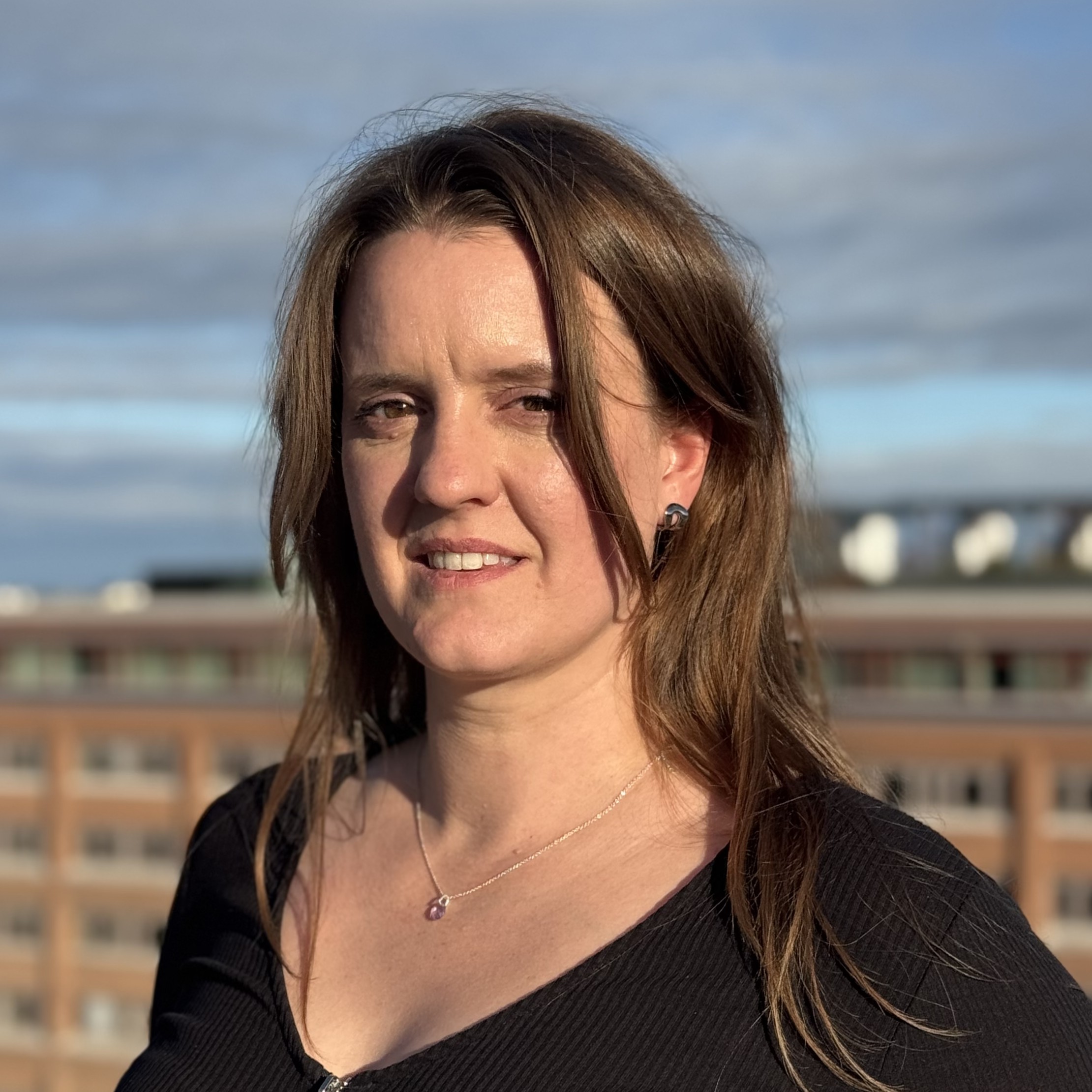(Publ. 11 NOV 2019) In the Swedish copyright act, there is a possibility to extend the time for copyright protection of works that are considered national classics, even after the normal copyright has expired. In a recent matter, a Swedish neo-nazi organisation have used texts from well-known Swedish authors on its website. This led to The Swedish Academy acting, yet the organisation have refused to stop using the texts. Although the possibility for extended copyright protection of classic works has been available for almost 60 years, it has never been tried in court. But now, the first case might be underway.
In Sweden, creative works are covered by copyright during the lifetime of the creator and up to 70 years after his or her death. When the copyright has expired, it is generally free for anyone to use the material. An exception to this rule is the so-called “protection of classics” that protects older Swedish classical works from public reproductions that violate “the interests of spiritual cultivation”. This extended protection only applies to use that is considered grossly offensive to both the creator as well as the public.
The Swedish Academy, who awards the Nobel Prize in literature, is one of three Swedish institutions that may take legal actions to protect classic works based on this extension of copyright (The Musical Academy and The Art Academy are the other two). The neo-nazi organization has used poems from well-known Swedish authors such as Verner von Heidenstam, Viktor Rydberg as well as Esaias Tegnér. The Swedish Academy has written to the organization, telling them to remove the poems from its website, referring to this extended copyright protect of national classic works. Yet, the organisation has declined.
Sanna Wolk, Swedish professor of intellectual property law at Uppsala University, has made a statement on Swedish National Radio saying that previous similar disputes have been settled out of court. Therefore, there is no legal practise for cases like this in Sweden. According to Wolk, judicial practice is required to get a better idea of how such disputes should be settled, and she hopes that the Swedish Academy takes this case to court by suing the organisation. If so, the case will be handled by the IP specialized court in Sweden, the Patent and Market Court.





















